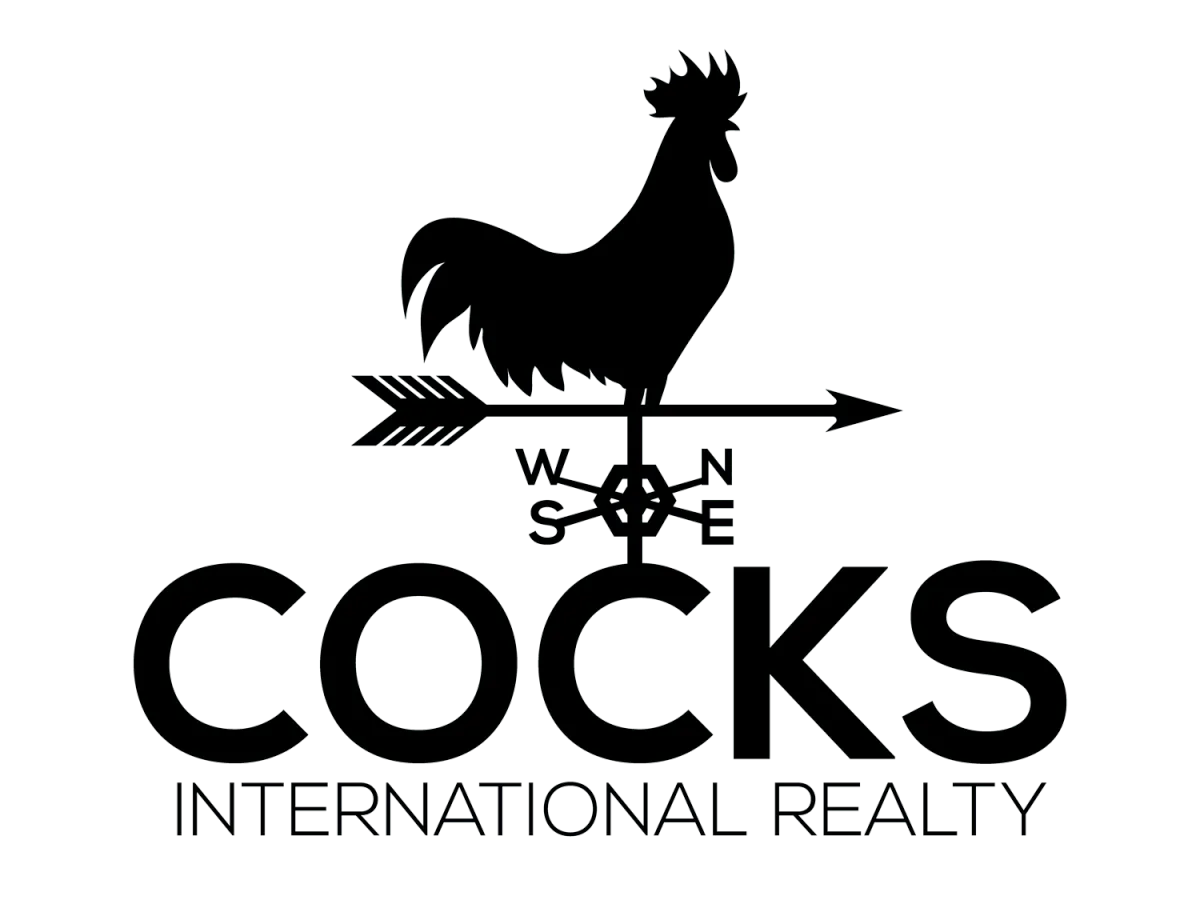
Book A Call With Andrew John Cocks | Broker of Record
Cocks International Realty Inc., Brokerage
As we navigate the dynamic world of real estate, staying connected is key to making informed decisions. That’s why I’m thrilled to invite you to book a free session with me. Booking a time slot is quick and easy…
Whether you’re a current client looking to discuss your property journey or a prospective buyer/seller seeking expert advice, I’m here for you. Let’s dive into your real estate goals, address any questions, and explore opportunities together.
I’m dedicated to providing personalized guidance to ensure your real estate journey is seamless. Can’t wait to connect live and discuss how we can make your real estate dreams a reality!
